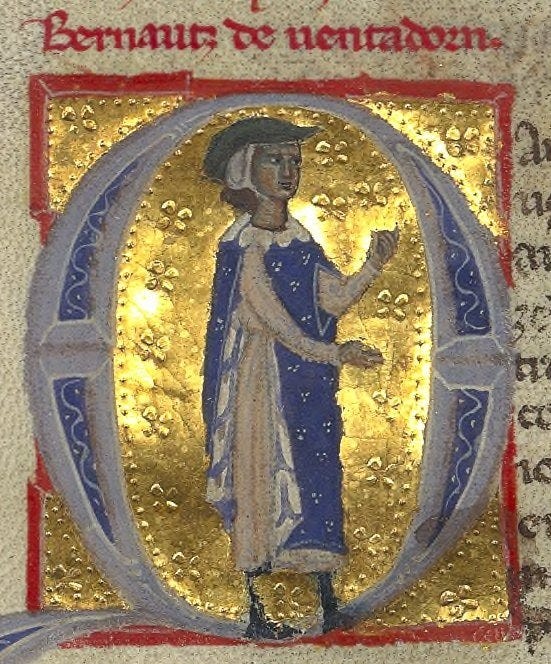This year May came to Minnesota like a flower-bedecked freight train thundering down the track. Yesterday the landscape was drab brown and today it’s virtually glowing with greens. We’ve been rather gobsmacked by goodness.
Mama, can you make dandelion syrup? Yes you can. Also spruce tips, sour and bitter, layered carefully with sugar in the dark recesses of the cupboard will yield sweetness in the long run. Violet leaf pesto is for right now. And sauteed hosta shoots with the first of chives. And lilac water! My small friend and neighbor sighed, I wish all water tasted like this. Is it not as good for you as regular water, since it tastes SO good? There is something about these days that makes us all think this is too good to be true. Maybe that’s why we’ve been compelled to preserve a bit of this, like sticking some coins in a mattress for a rainy day. And meanwhile, drink it in.
We went to watch a modern troubadour pour out his whole sweet and dark self onto a stage last weekend. Nick Cave and the Bad Seeds gave a performance that was equal parts abandon and masterly craft. Joy tinged with dirge. Suave delivery with brutal honesty. He finished his encore set with Into My Arms, which I was secretly longing for. It was not lost on me that he sang this disarming blessing of a song in the Minneapolis Armory, a venue originally built for the military and now devoted to music. In a time where we are intensely called upon to beat our plowshares into swords and our pruning hooks into spears, we were being summoned by a different call. Ain’t gonna study war no more.
There is a temptation to look about and deny the sweet its season. By that I mean that when we are given the gifts of sunshine, fragrant blooms, longer days — we miss it, caught up in our own worries, suffering, cynicism, grownup sense of responsibility. Life is indeed difficult. I have some upcoming thoughts on self-annihilation and self-denial brooding in the background. But today was not the day for them. Let’s welcome the day as it comes, with all hospitality.
The troubadours and epic romancers of medieval France definitely understood treating Things in life as Persons to encounter. Maybe that’s why they peopled their stories with characters like Bel Accueil (Good Welcome), False-Semblance, Reason, Love. I have been picturing spring as a Friend to welcome back to my home. — not entirely original but wholly satisfying. She’s the real deal. She’s got a host of gifts she’s brought with, whether it’s my lanky nine-year-old screeching this is heaven!!! in the sun-drenched sprinkler with his friends yesterday or the embrace of sun warmth on my face when I take my coffee outside to the front stoop.
There is always the risk in love that it will not be returned. Or that it will not last. Many of my loved ones go into a real depression every year when those gifts disappear again and the winter sets in.
That’s why I find the poets such great guides. I’ve been remembering a poem by the medieval troubadour Bernart de Ventadorn, “Can vei la lauzeta mover” (“When I see the lark move”) which gives credence to both the sweet and the dark. And he’s is in love with a lady, and of course it is unrequited. In this forlorn state, he glimpses a lark spreading out its wings in the sunshine and all of his longing is set aflame:
Can vei la lauzeta mover
De joi sas alas contra’l rai,
Que s’oblid’ e’s laissa chazer
Per la doussor c’al cor li vai,
Ai! Tan grans enveya m’en ve
De cui qu’eu veya jauzion!
Meravilhas ai, car desse
Lo cor de dezirer no’m fon
When I see the lark
Joyfully moving its wings against the sun's rays,
And falling because of the sweetness
That enters its heart, ah!
A great envy comes upon me
Of all those who I see happy
I am astonished that
My heart does not melt with desire.
Can you see it? The aching beauty of the sun lighting up a skylark’s wing from behind just sends him over the edge. The second stanza rings out with Ailas! (Alas!) and this vibe pretty much continues in lovely turns of verse all the way to the end, giving us a sense of how the lover loses himself utterly in his suffering.
I offer this glimpse into Bernart’s world just because I think it’s astonishing that there was a man over seven hundred years ago who saw the same bird I saw yesterday and had pangs of longing like I did. The lovely and true and difficult all combine into one holy dandelion moment and we swallow it whole, with all its implications. Sweet flowers, bitter leaves, and all.








Somehow in the reading, I suddenly feel a greater welcome and gratitude for spring.... of course the other will come in their turn - summer, autumn, winter - and I will speak to them as goodly friends.